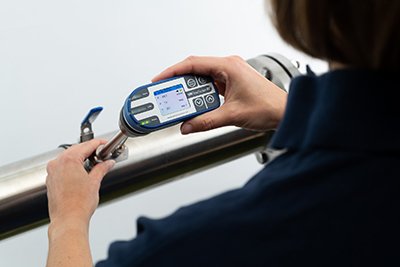In the fast-paced world of software development, expediting delivery is paramount to staying ahead of the competition. In today’s landscape, where customer demands evolve rapidly, businesses rely on proficient DevOps services for swift deployment to ensure they can continuously deliver value to their users. DevOps, an amalgamation of development and operations, fosters collaboration between teams, streamlines processes, and automates tasks to accelerate software delivery while maintaining quality and reliability. At the heart of proficient DevOps services lies a robust set of practices, tools, and methodologies geared towards optimizing the software development lifecycle. These services encompass various stages, from code development and testing to deployment and monitoring, with the overarching goal of achieving rapid and reliable delivery. One of the key principles of DevOps is automation. By automating repetitive tasks such as code integration, testing, and deployment, DevOps teams can significantly reduce manual effort and minimize the risk of human error. Moreover, proficient DevOps services leverage infrastructure as code IaC to provision and manage infrastructure resources programmatically.
Continuous Integration CI and Continuous Deployment CD pipelines play a pivotal role in this regard, allowing for the seamless integration of code changes into the main codebase and the automated deployment of applications to production environments. Tools enable teams to define infrastructure configurations using code, facilitating the creation of consistent and reproducible environments across development, testing, and production. This approach not only enhances scalability and reliability but also expedites the deployment process by eliminating manual intervention in provisioning tasks. Furthermore, DevOps practices emphasize the importance of monitoring and feedback loops to ensure the continuous improvement of software delivery processes. By implementing robust monitoring solutions and employing techniques such as automated alerts and logging, teams can proactively identify and address issues in real-time, thereby enhancing the resilience and reliability of deployed applications. Containerization is another cornerstone of proficient DevOps services, enabling teams to package applications and their dependencies into lightweight, portable containers. Platforms like Docker and Kubernetes facilitate the orchestration and management of containerized applications, allowing for seamless deployment and scaling across diverse environments.
In addition to technological advancements, proficient DevOps services prioritize collaboration and communication among cross-functional teams. By fostering a culture of collaboration, transparency, and knowledge sharing, DevOps teams can break down silos and accelerate the delivery of value to end-users. Practices such as Agile methodologies, cross-functional teams, and DevOps toolchain integration promote synergy and alignment across development, operations, and quality assurance functions. Security is also a critical aspect of proficient DevOps services, with a focus on integrating security measures throughout the software development lifecycle. DevSecOps practices embed security considerations into every stage of the delivery pipeline, encompassing threat modeling, code analysis, vulnerability scanning, and access control mechanisms. By adopting a proactive and holistic approach to security, organizations can mitigate risks, safeguard sensitive data, and ensure compliance with regulatory requirements and learn more here https://quema.co/our-services. DevOps services are indispensable for organizations seeking to software delivery while maintaining agility, reliability, and security. By embracing automation, infrastructure as code, monitoring, containerization, collaboration, and security, DevOps teams can streamline processes, accelerate deployment cycles, and enhance the overall quality of delivered solutions.

